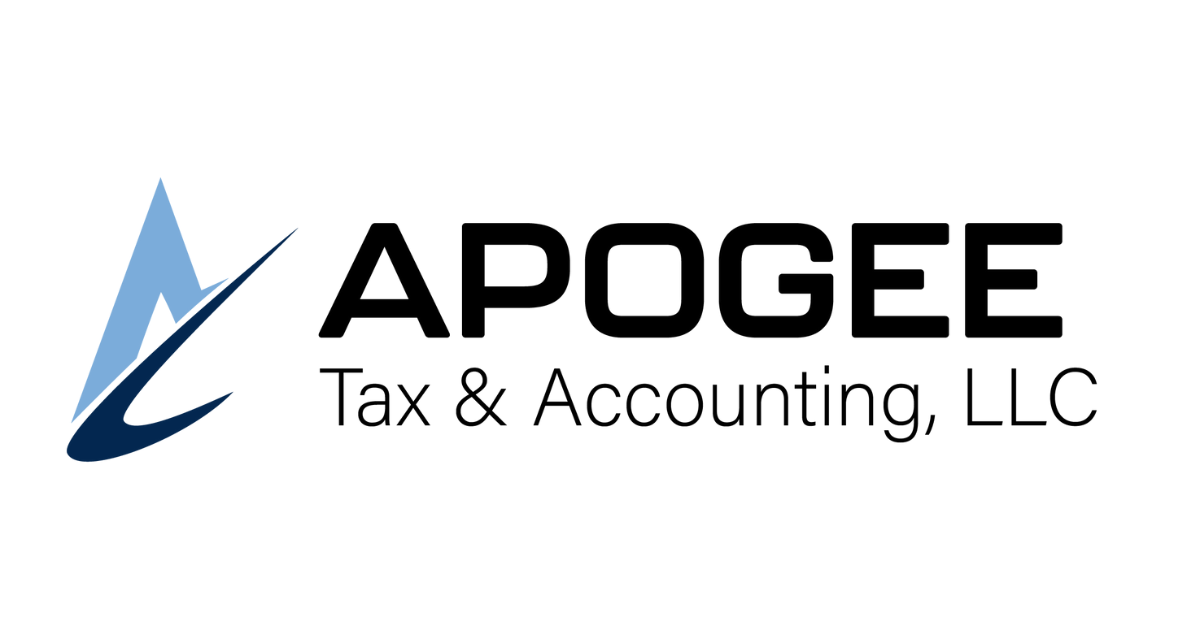If you’re a business owner aiming to boost tax benefits from investments, understanding bonus depreciation and Section 179 expensing is crucial. These two tax incentives can significantly reduce taxable income and enhance cash flow. Here’s a concise guide on how to maximize your tax savings for the 2023-2024 tax years.
- Bonus depreciation enables businesses to immediately write off a substantial portion of eligible business asset costs in the first year of use. In 2023, take advantage of an 80% bonus depreciation rate, decreasing to 60% in 2024 and phasing out by 20% annually until 2027. Eligible assets include new and used property with recovery periods of 20 years or less, covering vehicles, equipment, furniture, machinery, software, and qualified improvement property
- Section 179 allows businesses to deduct up to 100% of qualifying equipment and software costs during the tax year. For 2023, the deduction limit is $1,160,000, with a gradual phase-out for businesses exceeding $2,890,000 in property placed in service. Limits increase for the 2024 taxable year to $1,220,000 and $3,050,000, respectively. Section 179 covers new and used business property, including machinery, office furniture, certain software, and qualified leasehold improvements.
- Combine bonus depreciation and Section 179 for maximum tax savings:
- First, apply Section 179 first to write off eligible assets up to the limit
- Then, claim bonus depreciation on the remaining cost of eligible assets
This strategy allows businesses to potentially reduce taxable income to zero and create a tax loss with bonus depreciation, carried forward to future years for additional relief.
Things to Consider
- Check your state’s rules on bonus depreciation and Section 179 expensing. Many do not allow these deductions.
- Section 179 applies only if the business is profitable; excess expenses are carried forward
- If you are a partnership or S corporation, plan Section 179 deductions carefully with each owner to avoid losing deductions
- Special rules apply to passenger automobiles; heavy SUVs can benefit from Section 179 deductions with specific limits and business-use requirements. Other vehicles are subject to luxury auto limitations
Tax incentives like bonus depreciation and Section 179 expensing can produce tax savings to businesses looking to invest in assets. However, proper planning should be done to be sure that these provisions should make long-term financial sense for your organization.
If you need help with these tax rules or need personalized advice tailored to your business’s unique situation, don’t hesitate to reach out to us. We are ready to help! Schedule a free consultation today to ensure your business is taking advantage of this or other tax strategies.







